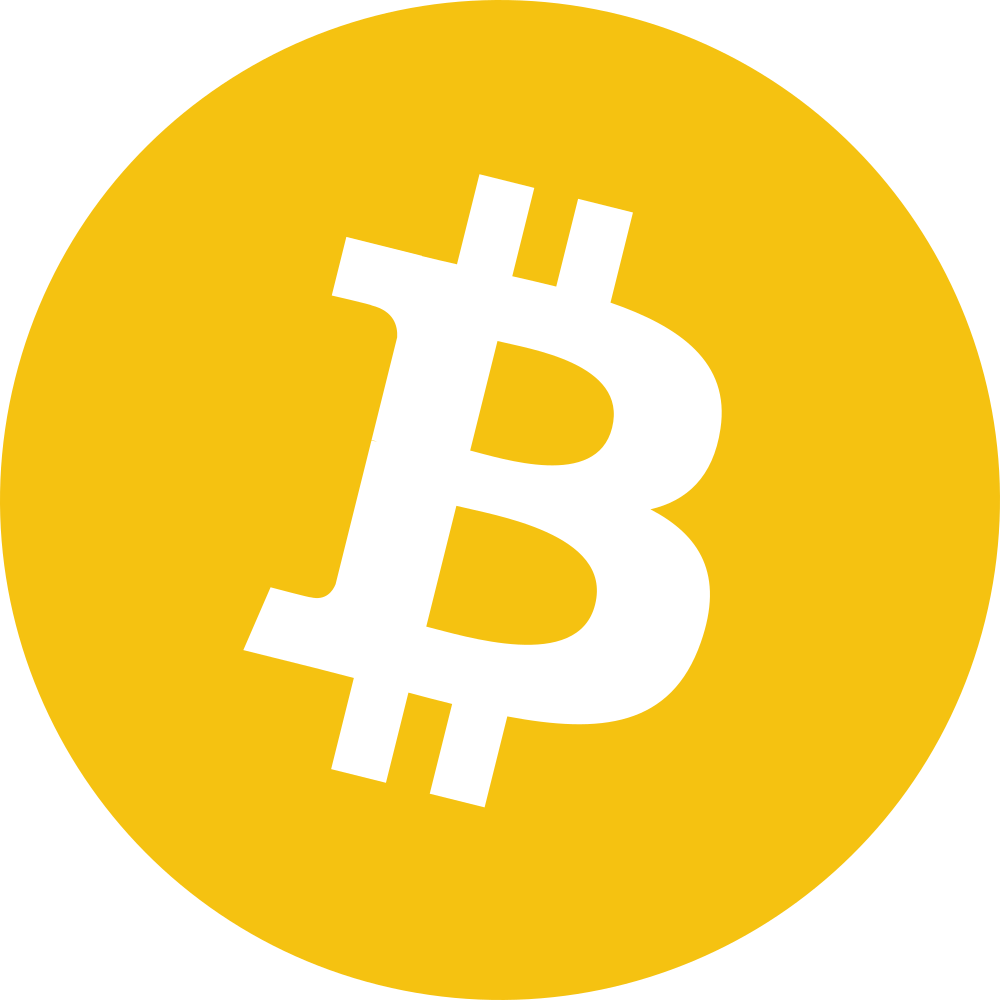This is a podcast about Bitcoin by Dean Florin Hilbay, a lawyer, professor at the UP College of Law and dean of the College of Law of Silliman University.
In This Episode
This is the second episode of the Basta Bitcoin podcast. The host emphasizes that Bitcoin is a separate monetary system from the fiat monetary system that most countries use today. Bitcoin is a peer-to-peer digital monetary system, meaning there is no middleman like a bank involved in transactions. It is also a global monetary system, so you can transfer money to anyone anywhere in the world with ease.
Bitcoin is always online and unlike traditional bank accounts, there are no limitations on how much you can withdraw or send. Bitcoin is also permissionless and censorship resistant, meaning you don’t need permission from a bank or government to use it. Finally, Bitcoin has a fixed quantity, which means there will only ever be 21 million Bitcoins in existence. This solves the problem of inflation, which is the devaluation of a currency over time.
The Podcaster
Florin T. Hilbay holds a degree in economics from the University of Santo Tomas, and in law from the University of the Philippines. He taught constitutional law and philosophy of law in the University of the Philippines and is the author of Unplugging the Constitution (2009). At 40, he was appointed Solicitor General of the Philippines. As Solgen, he represented the country in the arbitration over the West Philippine Sea in Philippines vs. China. He now serves as Dean of the College of Law of Silliman University, where he teaches a course on Money and State.
Book Review
“Hilbay’s book is a blueprint for a different kind of future, where the world operates on one digital currency standard, beyond the control of any one country or alliance of countries, where the most valuable and technologically advanced money is something that will be accessible to anyone: a refugee or a billionaire, equally. Where foreign lenders and dictators cannot simply ‘devalue’ a local currency to crack the whip on local workers, or where an empire cannot force their currency to be the only one that energy producers accept. If everyone is on the same footing, Hilbay explains, then the world gets a whole lot more equal.”
—Alex Gladstein, Human Rights Foundation
Try a little Bitcoin
If you are in the Philippines, the easiest way to see how bitcoin works is through Pouch or CoopPay. From your bank app, you can send a few pesos to Pouch and from there you can send to a Lightning wallet. For members of your cooperatives, you can simply ask your coop for a cash-in. Then once you have pesos in your CoopPay, same process.
LET’S BUILD THE CIRCULAR ECONOMY Join a cooperative federation today via iCoop.ph and Healthcare.coop. #StudyBitcoin Experience the Lightning Payment Network for Cooperatives at Lightning.coop and the 6 Steps. Use CoopPay, the world’s first Lightning wallet for cooperatives, at the Coop BookShop at Buy.coop, The Co-operative Exchange. Register your .coop domain at Register.coop. Visit BitcoinIsland.ph. Make BitcoinTown.ph happen, but in your town. Sign up for secret updates. Read The New Co-operator. and see in one glance how the co-op universe is bending in space-time.
SPONSORSHIPS Yes, you can support Chat.coop’s work, thank you! For special publishing, design and engineering work, follow and message us on X.com, Facebook, Discord-join the Chat.coop server and Nostr, find us: npub1mzhuvwffv68sf4hza0nemv70zmu2aju7gtskdfrnz5mctrlhx8kq78c7fp
POWERED BY Law.net.ph—Decentralized, distributed and peer-to-peer



